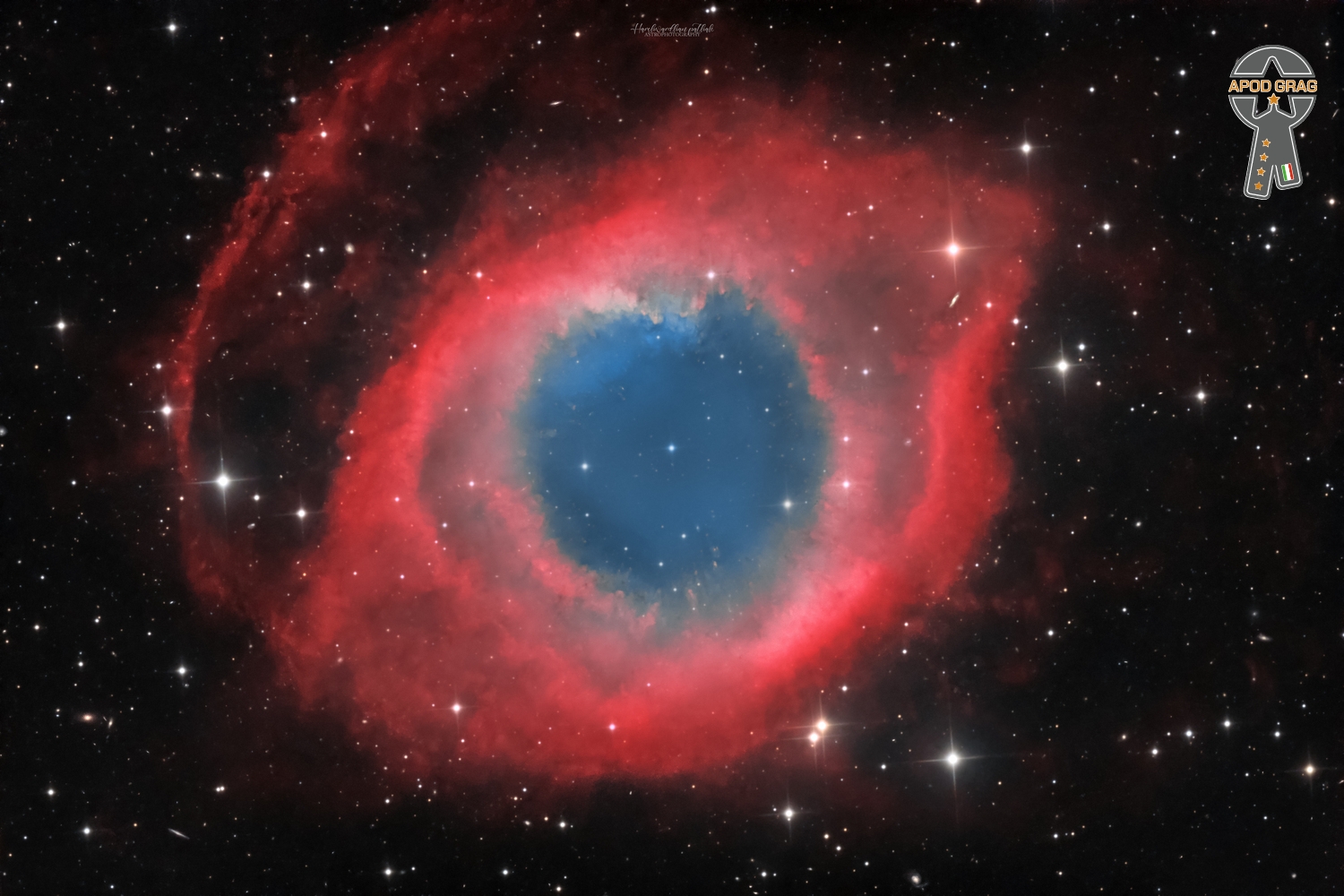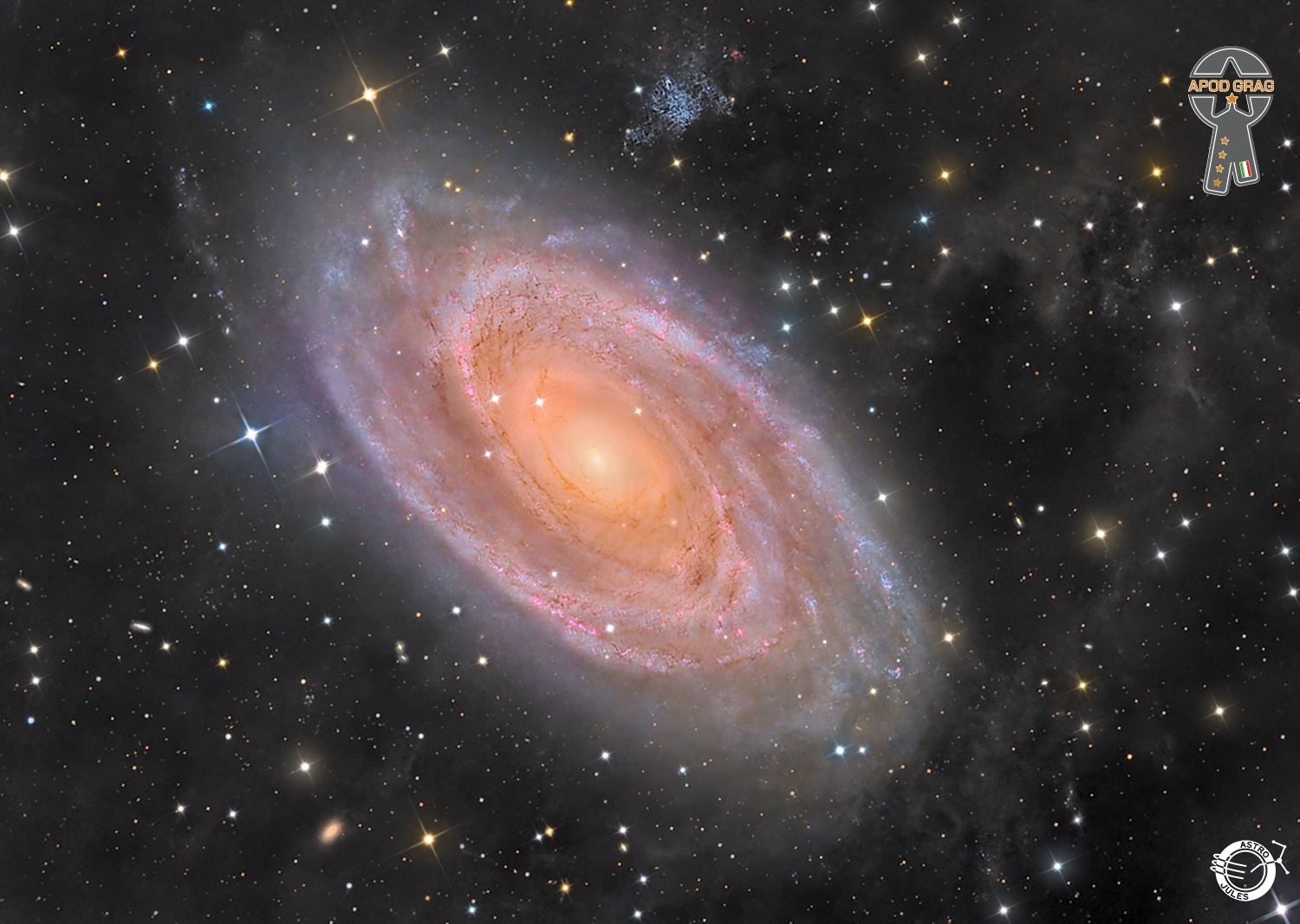Blog
Desiderio Alberto Arnaz y de Acha III (March 2, 1917 – December 2, 1986), known as Desi Arnaz, was a Cuban-American actor, musician and bandleader. He played Ricky Ricardo on the American television sitcom I Love Lucy, in which he co-starred with his wife Lucille Ball. Arnaz and Ball are credited as the innovators of the syndicated rerun, which they pioneered with the I Love Lucy series.
Arnaz and Lucille Ball co-founded and ran the television production company called Desilu Productions, originally to market I Love Lucy to television networks. After I Love Lucy ended, Arnaz went on to produce several other television series, at first with Desilu Productions, and later independently, including The Ann Sothern Show and The Untouchables. He was also the bandleader of his Latin group, the Desi Arnaz Orchestra. He was known for playing conga drums and popularized the conga line in the United States.
more...Kurt Julian Weill (March 2, 1900 – April 3, 1950) was a German-born American composer active from the 1920s in his native country, and in his later years in the United States. He was a leading composer for the stage who was best known for his fruitful collaborations with Bertolt Brecht. With Brecht, he developed productions such as his best-known work, The Threepenny Opera, which included the ballad “Mack the Knife“. Weill held the ideal of writing music that served a socially useful purpose, Gebrauchsmusik. He also wrote several works for the concert hall and a number of works on Jewish themes. He became a United States citizen in 1943.
more...Friday 3-1-24 Erev Shabbat Service with Inbal Sharett-Singer, Jayson Rodovsky, Jeff Bailey, Pete Whitman and mick laBriola
more...The Helix Nebula (also known as NGC 7293 or Caldwell 63) is a planetary nebula (PN) located in the constellation Aquarius. Discovered by Karl Ludwig Harding, most likely before 1824, this object is one of the closest of all the bright planetary nebulae to Earth. The distance, measured by the Gaiamission, is 655±13 light-years. It is similar in appearance to the Cat’s Eye Nebula and the Ring Nebula, whose size, age, and physical characteristics are similar to the Dumbbell Nebula, varying only in its relative proximity and the appearance from the equatorial viewing angle. The Helix Nebula has sometimes been referred to as the “Eye of God” in pop culture, as well as the “Eye of Sauron“.

more...
Winston Rodney OD (born 1 March 1945), better known by the stage name Burning Spear, is a Jamaican roots reggae singer-songwriter, vocalist, and musician. Burning Spear is a Rastafarian and one of the most influential and long-standing roots artists to emerge from the 1970s.
Winston Rodney was born in Saint Ann’s Bay, Saint Ann, Jamaica. He is married to Sonia Rodney. As a young man he listened to the R&B, soul and jazz music transmitted by the US radio stations whose broadcasts reached Jamaica. Curtis Mayfield is cited by Rodney as a major US musical influence along with James Brown. Rodney was deeply influenced as a young man by the views of the political activist Marcus Garvey, especially with regard to the exploration of the themes of Pan-Africanism and self-determination. In 1969, Bob Marley, who was also from Saint Ann, advised Rodney to approach Coxsone Dodd‘s Studio One label after Rodney sought his advice during a casual conversation.
more...Ralph Towner (born March 1, 1940) is an American multi-instrumentalist, composer, arranger and bandleader. He plays the twelve-string guitar, classical guitar, piano, synthesizer, percussion, trumpet and French horn.
Towner was born into a musical family in Chehalis, Washington, United States. His mother was a piano teacher and his father a trumpet player. Towner learned to improvise on the piano at the age of three. He began his career as a conservatory-trained classical pianist, attending the University of Oregon from 1958 to 1963, where he also studied composition with Homer Keller. He studied classical guitar at the Vienna Academy of Music with Karl Scheit from 1963 to 1964 and 1967–68.
He joined world music pioneer Paul Winter‘s “Consort” ensemble in the late 1960s. He first played jazz in New York City in the late 1960s as a pianist and was strongly influenced by the renowned jazz pianist Bill Evans. He began improvising on classical and 12-string guitars in the late 1960s and early 1970s and formed alliances with musicians who had worked with Evans, including flautist Jeremy Steig, bassists Eddie Gómez, Marc Johnson, Gary Peacock, and drummer Jack DeJohnette.
Along with bandmates Paul McCandless, Glen Moore, and Collin Walcott, Towner left the Winter Consort in 1970 to form the group Oregon, which over the course of the 1970s issued a number of influential records mixing folk music, Indian classical forms, and avant-garde jazz-influenced free improvisation. At the same time, Towner began a longstanding relationship with the ECM record label, which has released virtually all of his non-Oregon recordings since his 1973 debut as a leader Trios / Solos.
Towner appeared as a sideman on Weather Report‘s 1972 album I Sing the Body Electric. His 1975 album Solstice, which featured a popular track called “Nimbus”, demonstrated his skill and versatility to the full using a 12-string guitar.
Since the early 1990s, Towner has lived in Italy, first in Palermo and then in Rome.
more...Harry Belafonte (born Harold George Bellanfanti Jr.; March 1, 1927 – April 25, 2023) was an American singer, actor, and civil rights activist, who popularized calypso music with international audiences in the 1950s and 1960s. Belafonte’s career breakthrough album Calypso (1956) was the first million-selling LP by a single artist.
Belafonte was best known for his recordings of “Day-O (The Banana Boat Song)“, “Jump in the Line (Shake, Senora)“, “Jamaica Farewell“, and “Mary’s Boy Child“. He recorded and performed in many genres, including blues, folk, gospel, show tunes, and American standards. He also starred in films such as Carmen Jones (1954), Island in the Sun (1957), Odds Against Tomorrow (1959), Buck and the Preacher(1972), and Uptown Saturday Night (1974). He made his final feature film appearance in Spike Lee‘s BlacKkKlansman (2018).
Belafonte considered the actor, singer, and activist Paul Robeson to be a mentor. Belafonte was also a close confidant of Martin Luther King Jr. during the civil rights movement of the 1950s and 1960s and acted as the American Civil Liberties Union celebrity ambassador for juvenile justice issues. He was also a vocal critic of the policies of the George W. Bush and Donald Trump administrations.
Belafonte won three Grammy Awards, including a Grammy Lifetime Achievement Award, an Emmy Award, and a Tony Award. In 1989, he received the Kennedy Center Honors. He was awarded the National Medal of Arts in 1994. In 2014, he received the Jean Hersholt Humanitarian Award at the academy’s 6th Annual Governors Awards and in 2022 was inducted into the Rock and Roll Hall of Fame in the Early Influence category. He is one of the few performers to have received an Emmy, Grammy, Oscar, and Tony (EGOT), although he won the Oscar in a non-competitive category.
more...Frédéric François Chopin (born Fryderyk Franciszek Chopin; 1 March 1810 – 17 October 1849) was a Polish composer and virtuoso pianist of the Romantic period, who wrote primarily for solo piano. He has maintained worldwide renown as a leading musician of his era, one whose “poetic genius was based on a professional technique that was without equal in his generation”.
Chopin was born in Żelazowa Wola and grew up in Warsaw, which in 1815 became part of Congress Poland. A child prodigy, he completed his musical education and composed his earlier works in Warsaw before leaving Poland at the age of 20, less than a month before the outbreak of the November 1830 Uprising. At 21, he settled in Paris. Thereafter he gave only 30 public performances, preferring the more intimate atmosphere of the salon. He supported himself by selling his compositions and by giving piano lessons, for which he was in high demand. Chopin formed a friendship with Franz Liszt and was admired by many of his musical contemporaries, including Robert Schumann. After a failed engagement to Maria Wodzińska from 1836 to 1837, he maintained an often troubled relationship with the French writer Aurore Dupin (known by her pen name George Sand). A brief and unhappy visit to Mallorca with Sand in 1838–39 would prove one of his most productive periods of composition. In his final years, he was supported financially by his admirer Jane Stirling. For most of his life, Chopin was in poor health. He died in Paris in 1849 at the age of 39.
All of Chopin’s compositions feature the piano. Most are for solo piano, though he also wrote two piano concertos, some chamber music, and 19 songs set to Polish lyrics. His piano pieces are technically demanding and expanded the limits of the instrument; his own performances were noted for their nuance and sensitivity. Chopin’s major piano works include mazurkas, waltzes, nocturnes, polonaises, the instrumental ballade (which Chopin created as an instrumental genre), études, impromptus, scherzi, preludes, and sonatas, some published only posthumously. Among the influences on his style of composition were Polish folk music, the classical tradition of Mozart and Schubert, and the atmosphere of the Paris salons, of which he was a frequent guest. His innovations in style, harmony, and musical form, and his association of music with nationalism, were influential throughout and after the late Romanticperiod.
Chopin’s music, his status as one of music’s earliest celebrities, his indirect association with political insurrection, his high-profile love life, and his early death have made him a leading symbol of the Romantic era. His works remain popular, and he has been the subject of numerous films and biographies of varying historical fidelity. Among his many memorials is the Fryderyk Chopin Institute, which was created by the Parliament of Poland to research and promote his life and works. It hosts the International Chopin Piano Competition, a prestigious competition devoted entirely to his works.
more...Peret was a Spanish Romani singer, guitar player and composer of Catalan rumba.
Derived from the flamenco rumba, the Catalan rumba was born in the 1950s under the impulse of the gypsy community of Barcelona, especially in the popular district of Raval, Gracia and Hostafrancs. It’s a mixture of flamenco rumba, Cuban son and mambo, with rock & roll.
more...Messier 81 (also known as NGC 3031 or Bode’s Galaxy) is a grand design spiral galaxy about 12 million light-years away in the constellation Ursa Major. It has a D25 isophotal diameter of 29.44 kiloparsecs (96,000 light-years). Because of its relative proximity to the Milky Way galaxy, large size, and active galactic nucleus (which harbors a 70 million M☉ supermassive black hole), Messier 81 has been studied extensively by professional astronomers. The galaxy’s large size and relatively high brightness also makes it a popular target for amateur astronomers. In late February 2022, astronomers reported that M81 may be the source of FRB 20200120E, a repeating fast radio burst.

Khaled Hadj Ibrahim born 29 February 1960), better known by his mononym Khaled (Arabic: خالد), is an Algerian raï singer, musician and songwriter. He began recording in his early teens under the name Cheb Khaled (شاب خالد, Arabic for “Young” Khaled, with “Cheb” as a common title for male raï singers).
Khaled is one of the most important musicians in the history of Raï music in his native Algeria and is one the world’s best-known Arab singers. To date, Khaled has sold over 80.5 million albums (10 diamond, platinum, and gold) worldwide, making him one of the bestselling Arabic-language singers in history.Among his most famous songs are “Aïcha“, “Didi“, “El Arbi”, “Abdel Kader“, “La Poupée qui fait non“, “Wahran Wahran”, “Bakhta”, “C’est la vie“, and “Alech Taadi”.
He holds the Guinness World Record for best-selling artist of raï music.
more...Richie Cole (February 29, 1948 – May 2, 2020) was an American jazz saxophonist, composer, and arranger.
Cole was born in Trenton, New Jersey. He began to play alto saxophone when he was ten years old, encouraged by his father, who owned a jazz club in New Jersey. He was a graduate of Ewing High School, in Ewing Township, New Jersey. Cole won a scholarship from DownBeat magazine to attend the Berklee School of Music in Boston.
In 1969, he joined drummer Buddy Rich‘s Big Band. After working with Lionel Hampton‘s Big Band and Doc Severinsen‘s Big Band, he formed his own quintet and toured worldwide, developing his own “alto madness” bebop style in the 1970s and early 1980s. He formed the Alto Madness Orchestra in the 1990s.
more...ames Francis Dorsey (February 29, 1904 – June 12, 1957) was an American jazz clarinetist, saxophonist, composer and big band leader. He recorded and composed the jazz and pop standards “I’m Glad There Is You (In This World of Ordinary People)” and “It’s The Dreamer In Me“. His other major recordings were “Tailspin“, “John Silver“, “So Many Times“, “Amapola“, “Brazil (Aquarela do Brasil)”, “Pennies from Heaven” with Bing Crosby, Louis Armstrong, and Frances Langford, “Grand Central Getaway”, and “So Rare“. He played clarinet on the seminal jazz standards “Singin’ the Blues” in 1927 and the original 1930 recording of “Georgia on My Mind“, which were inducted into the Grammy Hall of Fame. Jimmy Dorsey was born in Shenandoah, Pennsylvania, United States, the first son of Theresa Langton Dorsey and Thomas Francis Dorsey.
more...More Posts
- Daily Roots Anthony Johnson
- Rhythm Roots Workshop Residency Ecumen Lakeview Commons
- Cosmos ESO 269-G57
- Jan Hammer
- Buster Williams
- Chris Barber
- Johnny St. Cyr
- World Drumming Babatunde Olatunji
- Daily Roots Tony Rebel
- Larry Kegan
- Cosmos Vela Supernova Remnant
- Dusty Springfield
- John Littlejohn
- Herbie Mann
- World Music ANNA RF feat IMAMYAR HASANOV
- Daily Roots Everton Blender
- Happy Tax Day 2024
- Rhythm Roots Workshop Ecumen North Branch Senior Living
- Cosmos NGC 3783
- Michael Kamen

